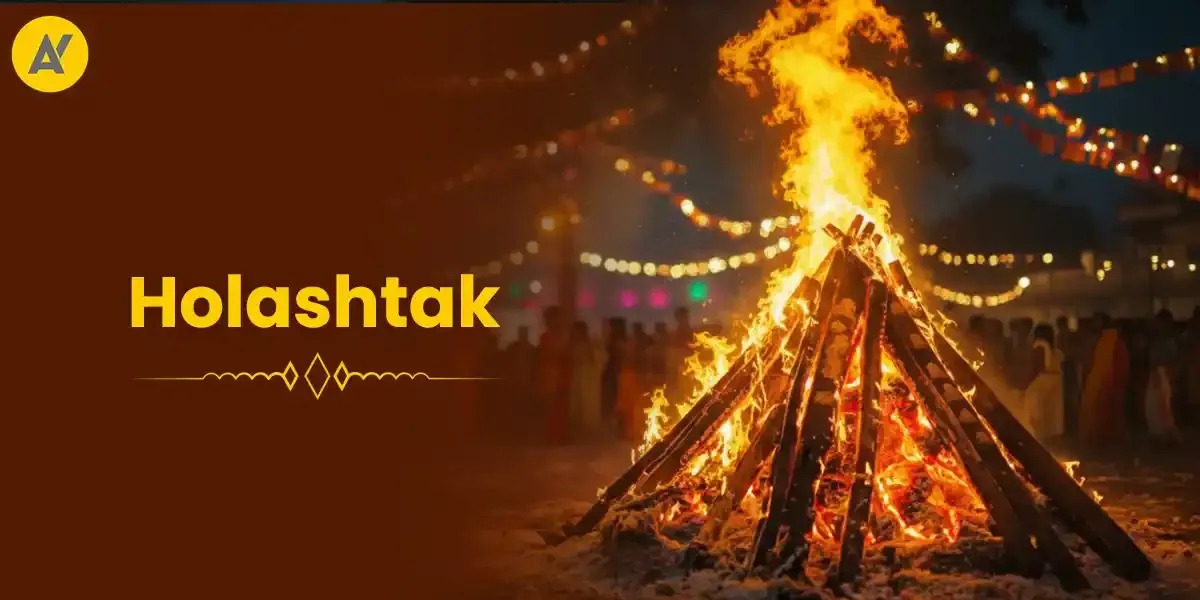
The Sawan or Shravan month is the fifth month of the Hindu calendar and coincides with July of the Gregorian calendar. Since the ruling Nakshatra on the Full Moon Day for this month is the Shravana, this month is also called the Shravan Month.
The Shravan month, this year (2025), starts from the 11th of July, Friday. This month is considered very auspicious to worship Lord Shiva and seek his blessings. Devotees keep fast on the Mondays that fall this month and some even keep on all the days of this month.
The Sawan month has also got other auspicious days and festivals like Hariyali Amavasya, Hariyali Teej, Naag Panchami and Raksha Bandhan.
The fast and worship are done by devotees in remembrance of the ‘Samudra Manthan legend’ when Lord Shiva had drunk the poison that had emerged from the ocean to save the world.
To pay homage to the Lord and to seek his blessings, devotees should at least keep the Monday fasts, if they are unable to fast the whole month. They should visit the Lord Shiva temple on a daily basis and offer Panchamrut (Made using 5 items-milk, curd, ghee, honey, Ganga Jal), ‘bel’ leaves and fruits to the Shivlinga.
“Maha Mrityunjay Mantra” should be recited with absolute devotion.
Not only are the Mondays of this month significant, but even Tuesdays are also auspicious during Sawan since Lord Shiva’s consort, Goddess Parvati is worshiped on these days. Fast kept on Tuesdays to worship the Goddess, is called the ‘Mangal Gauri Vrat’.
It is believed that Lord Shiva can be pleased by the Sawan Somvaar Vrats. Although the fasts during this month are very auspicious, many Shiva devotees start the first of their ‘Solah Somvaar”(Fast for 16 continuous Mondays), from the first Monday of this month.
Sawan Somvar Vrats list for 2025
The holy month of Sawan will begin on 11th July 2025 and end on 9th August 2025, with a total of 4 Sawan Somvar Vrats observed this year.
Sawan 1st Monday (Sawan First Somvar): 14 July 2025
Sawan 2nd Monday (Sawan Second Somvar): 21 July 2025
Sawan 3rd Monday (Sawan Third Somvar): 28 July 2025
Sawan 4th Monday (Sawan Fourth Somvar): 04 August 2025
Also Read: Shiva Mantra | Shiv Puran
Mangala Gauri Vrats
In 2025, the sacred month of Sawan will be observed from July 11 to August 9, and during this period, there will be four Mangla Gauri Vrats, observed on Tuesdays in devotion to Goddess Parvati.
1st Mangala Gauri Vrat: July 15, 2025, Tuesday
2nd Mangala Gauri Vrat: July 22, 2025, Tuesday
3rd Mangala Gauri Vrat: July 29, 2025, Tuesday
4th Mangala Gauri Vrat: August 05, 2025, Tuesday
Sawan Festival list for 2025
Kamika Ekadashi: July 21, 2025, Monday
Hariyali Teej: July 27, 2025, Sunday
Nag Panchami: July 29, 2025, Tuesday
Kalki Jayanti: July 30, 2025, Wednesday
Shravana Putrada Ekadashi: August 05, 2025, Tuesday
Varalakshmi Vrat: August 08, 2025, Friday
Hayagriva Jayanti: August 08, 2025, Friday
Raksha Bandhan: August 09, 2025, Saturday
Gayatri Jayanti: August 09, 2025, Saturday
Narali Purnima: August 09, 2025, Saturday
Rudrabhishek: A Step-by-Step Guide
Rudrabhishek is a highly sacred ritual, particularly special when performed on Shravana Somwar. Here’s a detailed guide on how to perform Rudrabhishek:
Ingredients Required:
- Milk
- Curd
- Ghee
- Sugar Powder (Boora)
- Honey
- Normal Water
- Cotton Wicks
- Bilva Patra
- Sandalwood Paste
- Incense Sticks
- Akshat (Unbroken Rice)
- Flowers or Garland
How to Perform Rudrabhishek:
Water: Begin by offering normal water to the Shivalingam to purify it.
Milk: Offer milk, which is considered auspicious and brings clarity.
Curd: Next, offer curd to the Shiva Lingam; it helps in gaining mental clarity.
Sugar Powder: Offer sugar powder to bring auspiciousness into your life.
Ghee: Pour a little ghee on the Shivalingam.
Honey: Offer honey to bring love and stability.
Water: Cleanse the Shivalingam again with normal water.
Sandalwood Paste: Apply yellow chandan paste to the Shivalingam to bring prosperity.
Bilva Patra: Offer Bilva Patra (1, 3, 5, 7, 9, or 11 leaves).
Garland: Offer a garland or flowers to Lord Shiva.
Akshat: Offer unbroken rice for wealth and prosperity.
Diya: Light a diya with desi cow ghee.
Incense Sticks: Light incense sticks to remove negative energy.
Chant Mantras: Chant various Shiva mantras to appease Bhagwan Shiva.
Sawan Somwar: Fasting Rituals
Early Morning: Wake up early and take a holy bath.
Diya: Light a diya at home with desi ghee.
Temple Visit: Visit the temple and offer prayers to Lord Shiva.
Jalabhishekam: Perform Jalabhishekam and Abhishekam with Panchamrit (milk, curd, ghee, honey, and sugar powder) followed by another Jalabhishekam.
Offerings: Offer 5, 11, or 21 Bilva Patra leaves, Bhang, Dhatura, a garland of red or white flowers, any fruit, and sweets.
Chant Mantras: Chant the Maha Mrityunjaya Mantra or Panchakshara Mantra.
Aarti: Light a diya with desi ghee and perform aarti.
Mantras:
Om Namah Shivaye
Om Trayambhakam Yajamahe, Sugandhim Pushtivardhanam, Urvarukmiv Bandhanan Mrityor Mukshiya Mamritaat
Karpur Gauram Karunavataram, Sansara Saram Bhujgaindra Haaram, Sada Vasantam Hridaya Arvinde, Bhavam Bhavani Sahitam Namami
Thus, Sawan Somvaar Vrats Are of 3 Types:
The vrats kept on the Mondays of the auspicious month, the ‘solah Somvaar vrats’ that are started from the first Monday of this month and the ‘Somya Pradosh’ vrats that are kept till the evening in this month.
The fast is kept by all, to invoke Lord Shiva’s blessing, by the women desirous of a safe and protected household and by the unmarried girls who aspire for an ideal husband.
On the day of the fast, the devotee should wake up before sunrise and cleanse themselves before the pooja or rituals by taking a bath. Then the ‘Somvaar Vrat Katha’ should be recited with devotion. If possible they must also visit a Shiva temple and after offering obeisance, worship the ‘linga’.Throughout the day, only fruits and milk should be consumed and only one meal should be eaten after sunset. Lord Shiva is also called ‘Bhole Shankar’-easy to please. He is the divine power that will protect us from the worldly evils.
Our in-house team of writers comprises of vibrant, like-minded, and curious souls who are passionate about helping people find joy and motivation through the magic of words. Our writers are keen on using their skills to make the study of divination sciences a guiding tool in people's lives. They hold expertise in writing on a myriad of topics related to Indian Astrology, Spirituality, Planetary Movements, Vastu Shastra, Numerology, and Tarot among several others. The Astroyogi team aims to write articles that can help the readers lead a life of peace and tranquility whilst enjoying the many ups and downs of life!





































